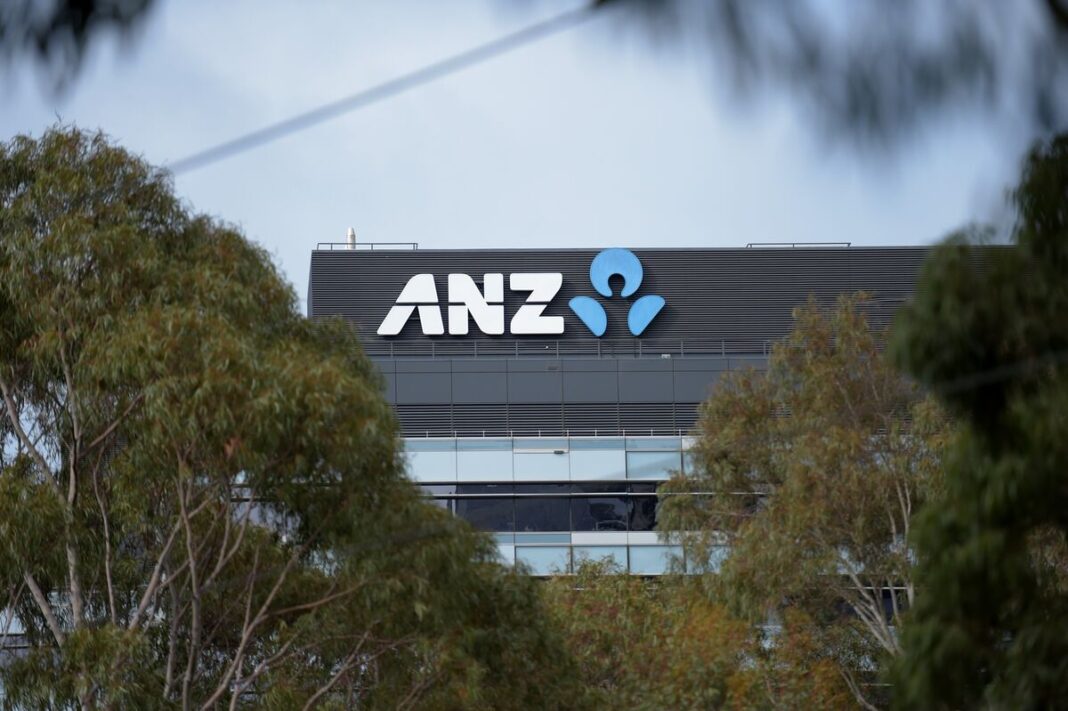Introduction to the Concerns at ANZ Group Holdings Ltd.
Recent criticisms from McKinsey & Co. shine a light on a pressing issue within ANZ Group Holdings Ltd., one of Australia’s largest banks. According to an article by the Australian Financial Review, the consulting firm has pinpointed serious cultural and leadership weaknesses within the organization. These challenges might not only impact employee morale but could also pose significant risks to the bank’s operational efficiency and long-term success.
The Culture of Reluctance
One of the primary concerns highlighted by McKinsey is the culture of reluctance among ANZ employees. Reports suggest that many workers feel hesitant to speak up, especially when it comes to delivering unfavorable news or voicing concerns. Such a culture can create a toxic work environment, where important issues are swept under the rug, leading to a lack of transparency and accountability. Employees often feel that challenging the status quo could lead to repercussions, fostering a culture of silence that undermines innovation and problem-solving.
Leadership’s Role in Shaping Culture
Leadership plays a pivotal role in influencing workplace culture, and the criticisms of ANZ extend to its leadership structure. Effective leaders are expected to encourage open dialogue and create environments where employees feel empowered to share their thoughts. However, the perception that ANZ’s leadership may not fully support candid communication hampers trust among staff members. Employees generally thrive in environments where they believe their contributions are valued and where diverse perspectives are welcomed, particularly in a sector that thrives on adaptability and customer service.
Implications for Innovation and Growth
A culture that discourages challenging discussions can stifle innovation. In the fast-paced banking landscape, the ability to adapt and pivot in response to market demands is crucial. If employees are unwilling to communicate issues or propose new ideas, the bank risks falling behind competitors who foster a more open and collaborative atmosphere. When teams are encouraged to share insights freely, organizations are better positioned to identify problems quickly and explore innovative solutions.
The Feedback Loop: Importance of Communication
An effective feedback loop is essential for any successful organization, especially in the finance sector, where timely and precise decision-making is critical. ANZ’s reluctance to embrace challenging feedback may lead to decision-making that lacks diverse input, potentially overlooking vital customer needs or market shifts. A healthy feedback environment, where employees feel safe to voice concerns and ideas, not only enhances decision-making but also boosts employee engagement and morale.
The Path Forward: Opportunities for Improvement
Addressing the cultural issues at ANZ presents an opportunity for transformation. Implementing leadership training that emphasizes emotional intelligence and open communication can create a more inclusive environment. Additionally, establishing platforms for anonymous feedback can encourage employees to share insights they might be hesitant to vocalize in traditional settings. By fostering a culture that promotes healthy dialogue, ANZ can begin to shift perceptions and set a new standard for accountability and transparency.
Conclusion
The recent team assessment by McKinsey & Co. of ANZ Group Holdings Ltd. may appear daunting, but it also serves as a catalyst for change. By acknowledging these concerns and striving to create a more open and supportive culture, ANZ has the potential not only to improve employee morale but also to position itself as a leader in the banking sector. The journey may be challenging, but the promise of a more engaging and innovative workplace lies ahead.



